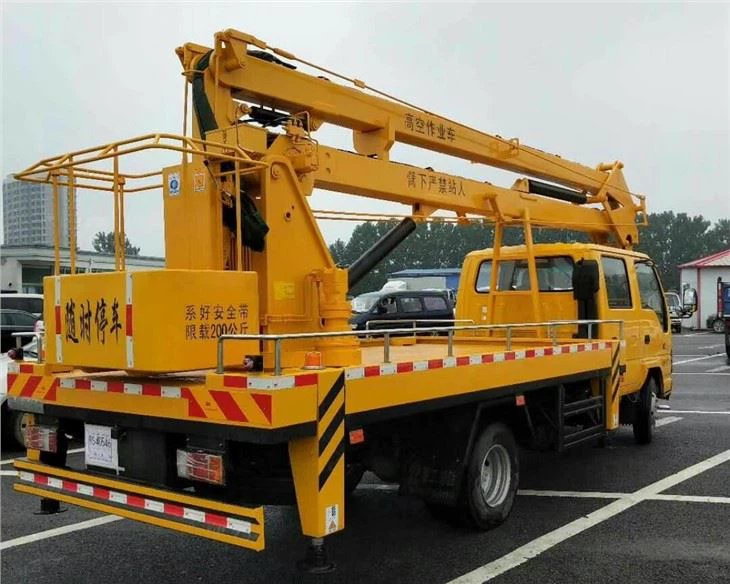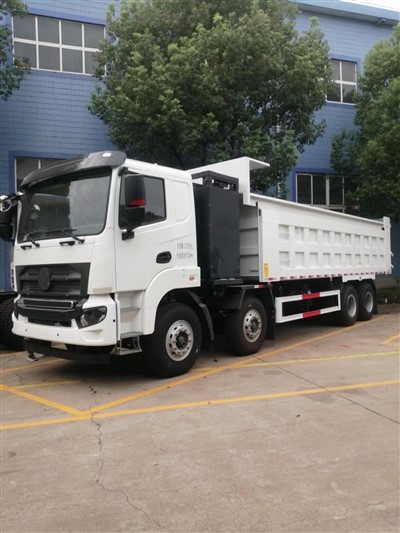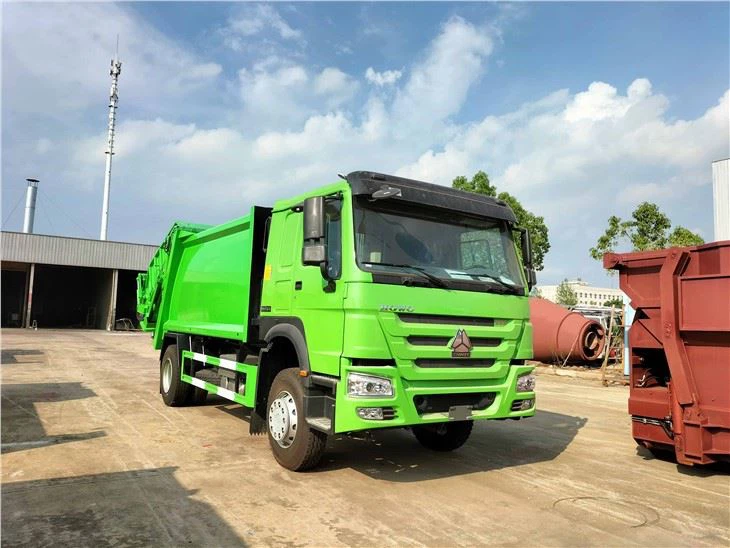Everything You Need to Know About Becoming a Certified Dumper

In the world of heavy equipment operations, a **certified dumper** holds a significant role. Whether you’re interested in entering the field or enhancing your existing skills, this article will serve as a comprehensive guide. In the following sections, we will explore what it means to be a certified dumper, the certification process, job opportunities, and valuable tips to excel in this career path.

What is a Certified Dumper?
A certified dumper is a professional who is trained and qualified to operate dump trucks and similar vehicles. These operators play a crucial role in construction, mining, and other industry sectors where transporting large amounts of material is necessary. Certification is essential as it ensures that operators are knowledgeable about safety protocols, operational techniques, and maintenance of the equipment.
The Importance of Certification
Safety Compliance
One of the primary reasons for obtaining certification is to ensure compliance with safety regulations. Certified dumpers are trained to follow strict guidelines that minimize the risk of accidents on job sites, promoting a safer working environment for everyone involved.
Job Opportunities and Advancement
Certification can open doors to various job opportunities. Employers often prefer hiring certified operators because they bring a level of expertise that can help improve operational efficiency. Additionally, certification can serve as a stepping stone for further career advancement in heavy machinery operation.
Increased Earning Potential
Certified dumpers generally have higher earning potential compared to their unqualified counterparts. The investment in certification often yields a good return through better job prospects and higher wages.
How to Become a Certified Dumper
Step 1: Meet the Prerequisites
Before pursuing certification, aspiring dumpers should meet the following prerequisites:
- Minimum age of 18 years
- Valid driver’s license
- High school diploma or equivalent (recommended)
Step 2: Complete Training Programs
Prospective dumpers must undergo specialized training programs that typically include:
- Hands-on training with dump trucks
- Theoretical coursework on machinery operation and safety protocols
- Knowledge about load management and materials handling
Step 3: Pass Certification Exam
After completing the training, candidates must pass a certification exam, which may include:
- Written tests regarding safety regulations
- Practical assessments on dump truck operation
Types of Certification Programs
National Certification Programs
National certification programs are offered by recognized bodies and organizations. These programs usually are more comprehensive and can enhance a resume significantly.
State-Specific Programs
Some states have specific certification requirements that may differ from the national ones. Check with local regulatory bodies to ensure compliance with state laws.
Skills Required for a Certified Dumper
Technical Skills
Certified dumpers must possess strong technical skills to handle various types of machinery effectively. Key skills include:
- Proficient operation of dump trucks
- Understanding of hydraulic systems
- Basic maintenance and troubleshooting of equipment
Soft Skills
In addition to technical expertise, certain soft skills are also vital:

- Strong communication skills for working with crew members
- Problem-solving skills to address unexpected challenges
- Attention to detail to ensure safety regulations are followed
Working Conditions and Responsibilities of a Certified Dumper
Typical Work Environment
Certified dumpers often work in various settings including construction sites, mines, and gravel pits. The work can involve:
- Operating in different weather conditions
- Managing heavy materials
- Working as part of a larger team
Daily Responsibilities
Some of the key daily responsibilities of a certified dumper include:
- Conducting pre-operation inspections of dump trucks
- Transporting and unloading materials such as gravel, sand, and dirt
- Maintaining logs of hours worked and materials transported
Challenges Faced by Certified Dumpers
Hazardous Working Conditions
Working with heavy machinery poses risks, particularly in construction sites with uneven terrain, moving vehicles, or variable weather conditions. Ensuring safety remains a top priority.
Physical Demands
The job can be physically demanding, requiring stamina and strength to operate heavy machinery and manage loads manually when necessary.
Key Tips for Aspiring Certified Dumpers
- Invest in Quality Training: Choose programs that provide comprehensive training with hands-on experience.
- Upgrade Skills Regularly: Participate in refresher courses to keep skills sharp and stay updated with new safety regulations.
- Network with Professionals: Building a network in the industry can lead to job opportunities and mentorship.
- Stay Healthy: Physical fitness plays a crucial role in managing the demands of the job effectively.
Job Opportunities for Certified Dumpers

The demand for certified dumpers is consistently high in various sectors. Job opportunities can be found in:
- Construction companies
- Landscaping businesses
- Mining and excavation industries
Average Salaries of Certified Dumpers
The average salary for certified dumpers can vary based on experience, location, and the type of employer. Below is a rough salary guide:
| Experience Level | Annual Salary (USD) |
|---|---|
| Entry-Level | $30,000 – $40,000 |
| Mid-Level | $40,000 – $60,000 |
| Experienced | $60,000 – $80,000+ |
Frequently Asked Questions (FAQ)
1. How long does it take to become a certified dumper?
Typically, completing a training program and passing the certification exam can take anywhere from a few weeks to several months.
2. What are the costs associated with certification?
Costs can vary widely depending on the training program and materials. Expect to pay between $1,000 to $5,000 on average.
3. Is prior experience required to become a certified dumper?
No prior experience is generally required, but having some background in heavy machinery can be beneficial.
4. Can I work as a dumper without certification?
While some companies may hire unlicensed operators for entry-level positions, certification significantly boosts job security and career advancement opportunities.
5. What should I include in my resume as a certified dumper?
In your resume, include your certification details, relevant training programs completed, and any previous experience or skills related to heavy machinery operation.
6. Are there online training options available for aspiring dumpers?
Yes, many training providers offer online courses covering theoretical aspects, but practical training is essential to gain certification.
